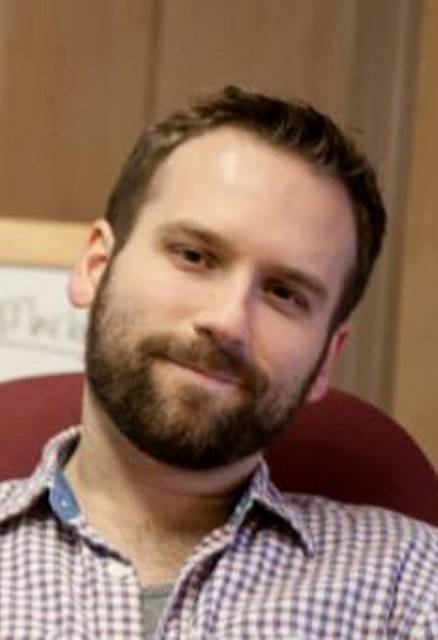By Jeff Brumley
Theological beliefs and belonging to religious organizations can help college women overcome the emotional damage caused by sexual abuse, a recently published Baylor University study has found.
The authors of the study say involvement in faith communities can restore the trust women lose after becoming victims of sex crimes.
“It’s not just about attendance, but about being embedded in a religious social network and about that being a part of your identity,” researcher Jeffrey Tamburello, a doctoral candidate in sociology at Baylor, said in a university report about the study. “This might help to mitigate some of the negative effects of being victimized.”
Baptist ministers who work as college chaplains said the study rings true from their experiences working with victims, their friends and other students indirectly touched by campus sex abuse.
Sources of identity
“It makes total sense that anyone involved in a steady and stable community is going to be able to feel that sense of trust — and a religious community adds elements like hope and healing,” said Stephanie McLeskey, university chaplain at Mars Hill University in North Carolina.
The subject of sexual assault is always a passionate one on college campuses. McLeskey said it’s often a topic for her at Mars Hill, both in educational settings and one-on-one with women who are unsure if what happened to them was abuse.
“It’s an ongoing topic of conversation,” she said.
But it’s the conversations within religious groups that can be especially healing for victims of sexual assault, she added, because it’s in those environments where hope is consistently modeled.

“The faith stories that we are immersed in, if we are part of a community, are stories of people who are hurt, but heal; of people who mess up, but are forgiven; and people who are lost, but are brought back.”
Another beneficial aspect of community is its ability to reinforce identity, which is the very thing sex crime victims often question in the aftermath of being assaulted.
“A strong community reminds us who we are,” McLeskey said.
Most importantly it’s a reminder that they are not defined as victims.
Community “reminds us we are valued and needed and we are beloved,” she said. “And that gives us the foundation for healing.”
More church means more trust
The Baylor study, “Religious Coping: The Role of Religion in Attenuating the Effect of Sexual Victimization of College Women on Trust,” said the healing begins with the restoration of trust provided by church groups.
Published in the journal Review of Religious Research, the survey consisted of a sample of 1,580 undergraduate women and data from another study about violence against women. The students were asked if and how they attended religious services and whether they had been sexually victimized within the past year. They also were asked how much they trust other people.
And they were asked to what extent they agreed with the statement, “Most people are out for themselves. I don’t trust them very much.”
The answers were revealing.
“It’s important to find ways for victims to come back to as much of a normal life as they can, and it seems that religious participation can help them do that,” Tamburello said in the Baylor report.
“What we found is that the more you go to church, the more you trust.”
‘A scattering of trust’
Blake Tommey said he has seen the importance of trust in the ongoing turmoil surrounding the campus sex scandal at the University of Virginia.
“It shows up on my plate because it shows up directly on every student’s plate when something like that occurs at their school,” said Tommey, director of the Baptist collegiate ministry at UVA.
The scandal has been on the nation’s plate since November, when a Rolling Stone magazine article appeared — later discredited — about seven men raping a woman at a fraternity house.
“While those claims later fell apart, the swirl of questions over how the university responds to sexual assault claims endures,” the Daily Progress in Charlottesville reported on Feb. 6.
It also continues in student conversations at UVA, Tommey said. The fact the original story involved one female and seven men didn’t limit the impact to them or to a fraternity house.

Women and men across campus felt unsafe and many continue to question the reliability of university officials and other authorities to handle such cases, he said.
“It was a scattering and a confusion of trust,” he said. “Do we distrust the writer, Rolling Stone, the Greek system, our chancellor?”
The atmosphere of honesty that permeates many churches is why they are healing places for people grappling with issues of trust, Tommey said.
“The church and the Christian community is a place where people process goodness and trustworthiness,” he said. “Nothing can be more healing than honesty.”
The Baylor study also noted that theological beliefs can help sex assault victims recover. Tommey said this can be the case as long as those beliefs aren’t of the self-judging, theodicy variety that leads to conclusions that the crime was deserved or perpetrated by a judgmental God.
“The belief that God is a loving God on the move in our lives and communities to heal us and to save us in an ongoing way and to transform us is the most conducive to the recovery of wholeness for victims of sexual violence,” Tommey said.
